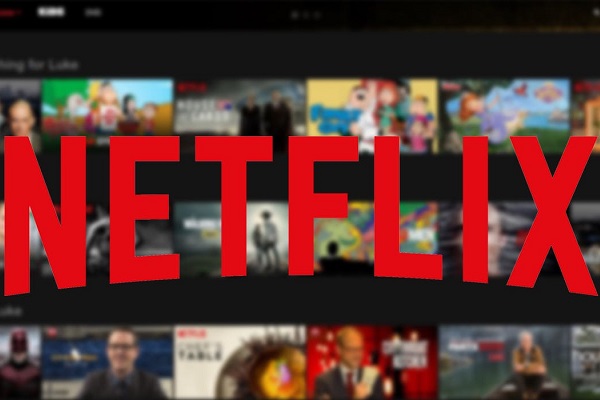This marks the first time Netflix has lost subscribers during a quarter in 10 years.
Netflix has lost 200,000 paid subscribers in Q1 and expects to lose another 2m in the current Q2 following its decision to suspend its service in Russian.
It has earned a revenue of $7.87bn during the Q1 2022, a 10% increase YoY, due to 8% year-over-year increase in average streaming paid memberships and 2% year-over-year growth in Average Revenue per Membership.
In January, Netflix reported it had 221.84m subscribers at the end of 2021. During the three-month period that ended March 31, a time span that included the debuts of Bridgerton Season 2 and The Adam Project, Netflix said its total fell to 221.64m subs.
This marks the first time Netflix has lost subscribers during a quarter in 10 years. It lost 700m subscribers due to the suspension of its service in Russia and winding-down of all Russian paid memberships.
It lost subscribers in nearly every region except for the Asia Pacific market, where it saw a net add of over 1m subscribers. Netflix lost around 640,000 subscribers in the US/Canada region during the Q1 — a larger drop than its previous subscriber loss in the region last year — and saw a 300,000 subscriber loss in Europe, the Middle East and Africa and 350,000 loss in Latin America.
The streaming service previously forecast 2.5m paid net adds in Q1, while Wall Street analysts expected Netflix to add 2.8m new subscribers worldwide in Q1 vs. 3.98m in the year-earlier period, according to FactSet. Netflix cites both increased competition and password-sharing, which the streamer is looking to monetize, as drivers of this subscriber loss.
Ted Sarandos, co-CEO and chief content officer of Netflix said: “We’ve got to compete, and we’ve got to continue to improve on the core service which is making TV series and films and now games that people really love. That’s what we’re really focused on and that’s a thing we can continue to grow the business in. Now, we talked about being highly penetrated in some of those core markets with users, which means that it’s harder to get them to join Netflix if they are already using Netflix. So we’ve got to figure out these different models that we’re doing now to more effectively monetize that viewing.”
Co-CEO Reed Hastings said Netflix is currently exploring launching lower-cost, ad-supported streaming plan options, something the streaming mogul has long been against. Hastings also pointed to how cracking down on password sharing will help Netflix bring in subscribers it technically already has as users: “They love the service, we’ve just got to get paid.”
Sarandos stated: “We will continue to grow the content spent relative to prior years. Most important though is the impact of the slate. And we’re really focused on making sure that the impact of the slate continues to grow. We should be able to, 10 years in now, get more bang for our buck relative to what we’ve done ourselves and relative to the market.”
Operating income was reported at $1.97bn with an operating margin of 25.1%. Netflix had a net income of $1.6bn for the quarter.
The company said net cash used in operating activities totalled $923m, with free cash flow reported at $802m.
Netflix said its slowdown in growth was due to a variety of factors, including account sharing, continued disruption caused by the pandemic and, again, increased competition from rival streamers. In its shareholder letter, Netflix said that of its roughly 222m paid subscriptions, more than 100m were being shared with users outside of paying households, with 30m shared accounts happening in the US/Canada region alone.
To address the problem of account sharing, Netflix began testing a new feature in March to monetise password sharing as another means to boost revenue as subscriber additions have stalled. The feature, unveiled in Chile, Costa Rica and Peru, charges primary account holders a small fee to add two users outside of their households onto their accounts, though it’s not immediately clear what kind of impact on revenue the test has led to thus far. Netflix has not yet rolled out the feature globally, though it appears that a widespread password crackdown may be imminent given its impact on Netflix’s growth.












































































